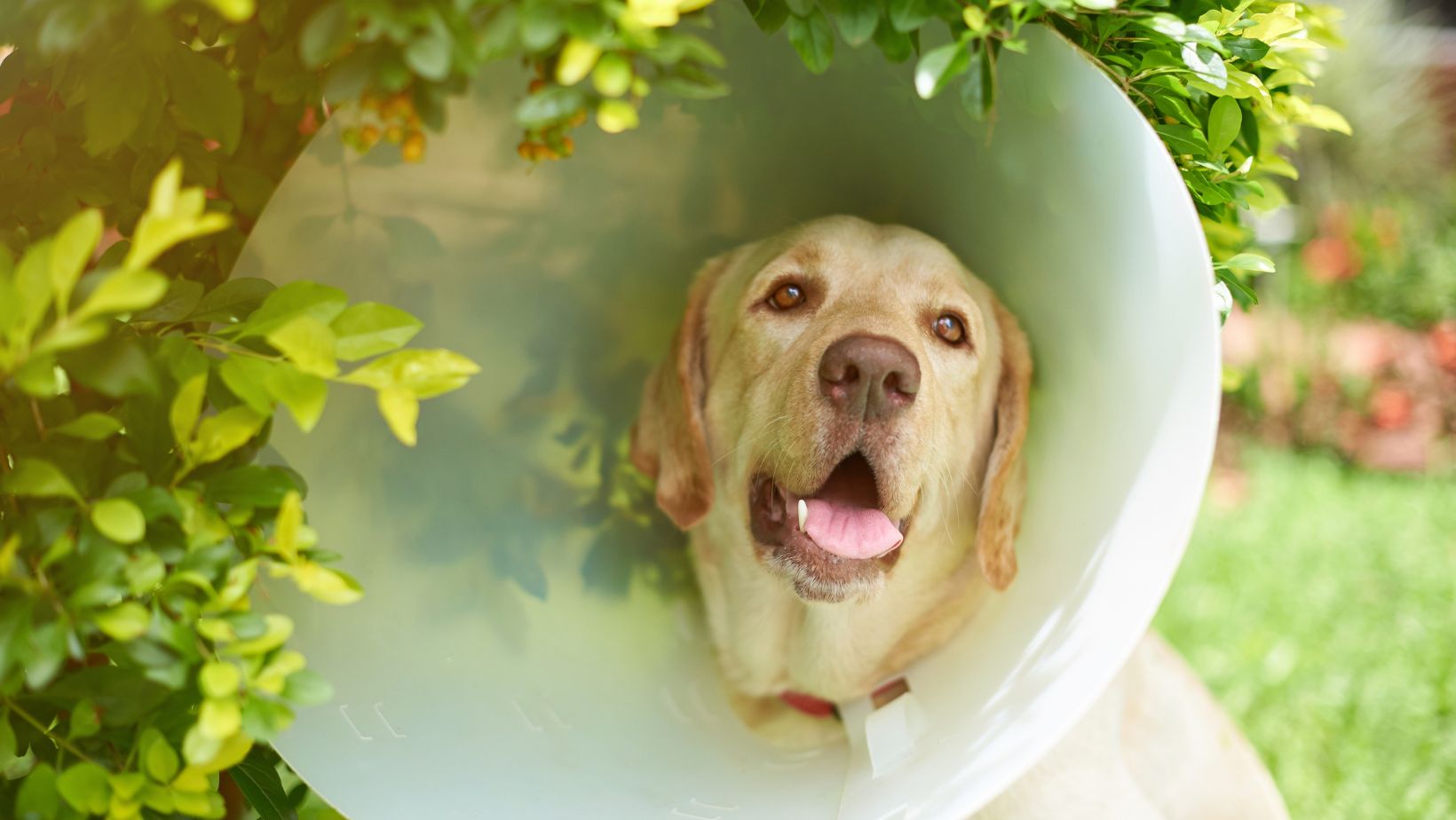How to Stop Dogs from Eating Poop
Are you frustrated with your dog’s habit of eating poop? Don’t worry, I’ve got some tips on how to put an end to this behavior. In this article, I’ll discuss effective strategies to stop dogs from eating poop and provide guidance specifically for Labrador owners whose furry friends have developed a taste for it.
One of the first steps in tackling this issue is understanding why dogs engage in coprophagia (the scientific term for poop-eating). It can be due to various reasons such as nutritional deficiencies, boredom, curiosity, or even learned behavior. By identifying the underlying cause, we can tailor our approach accordingly.
To stop your dog from eating poop, it’s essential to focus on prevention and redirection. This involves diligently cleaning up after your dog and ensuring their environment is free from stool. Additionally, providing mental and physical stimulation through regular exercise and interactive toys can help alleviate boredom-induced coprophagia.

Understanding the Behavior of Dogs Eating Poop
When it comes to our furry friends, some behaviors can be quite puzzling. One such behavior that often leaves dog owners scratching their heads is when dogs eat poop. Yes, you read that right – dogs eating poop! It may seem gross and perplexing to us humans, but there are a few reasons why our canine companions engage in this behavior.
- Instinctual Behavior: Dogs have a natural instinct to scavenge for food. In the wild, where food sources may be scarce, dogs would eat whatever they could find to survive. This ancestral behavior can still manifest itself in domesticated dogs today, leading them to explore and consume feces.
- Nutritional Deficiencies: Believe it or not, one reason behind a dog’s poop-eating habit could be nutritional deficiencies. If your dog’s diet lacks essential nutrients like vitamins or minerals, they may try to compensate by seeking out these nutrients in other sources – including their own waste.
- Attention-Seeking Behavior: Dogs are social animals and crave attention from their owners. Sometimes, if they feel neglected or bored, they might resort to engaging in unusual behaviors like eating poop as a way to get noticed or elicit a reaction from their human companions.
- Medical Conditions: In some cases, underlying medical conditions can contribute to coprophagia (the technical term for poop eating). Gastrointestinal issues or enzyme deficiencies may alter the smell or taste of the dog’s stool, making it more appealing for them to consume.
While understanding why dogs eat poop can provide some insight into this peculiar behavior, it’s important to take steps towards preventing it and ensuring your pet’s well-being:
- Maintain a balanced diet: Ensure that your dog is receiving proper nutrition through a high-quality diet recommended by your veterinarian.
- Keep waste out of reach: Clean up after your dog promptly and dispose of waste properly to prevent access and temptation.
- Provide mental and physical stimulation: Engage your dog in regular exercise, playtime, and training sessions to keep them mentally stimulated and satisfied.
- Seek veterinary advice: If your dog’s poop-eating behavior persists or is accompanied by other concerning symptoms, it’s best to consult with a veterinarian. They can rule out any underlying medical issues and provide further guidance.
Reasons Why Labradors Eat Poop
Labradors are known for their curious and sometimes quirky behavior, and one puzzling habit that many Labrador owners encounter is their tendency to eat poop. While it may seem gross and perplexing, there are actually a few reasons why Labradors engage in this behavior. In this section, we’ll explore some of the common reasons behind why Labradors eat poop.
- Instinctual Behavior: Labradors have a strong prey drive and scavenging instincts, which can lead them to view faeces as potential sources of food. This behavior stems from their ancestors’ need to survive in the wild by consuming any available nutrients. Although domesticated Labradors don’t face the same survival challenges, these primal instincts can still persist.
- Nutritional Deficiencies: A lack of essential nutrients in a Labrador’s diet can trigger coprophagia (the scientific term for eating faeces). If your Labrador isn’t getting all the necessary vitamins, minerals, or other vital nutrients from their regular meals, they might be compelled to seek out alternative sources of nutrition – including faeces.
- Boredom or Anxiety: Like humans, dogs can develop behavioral issues when they’re bored or anxious. Some Labradors may resort to eating poop as a way to alleviate stress or occupy themselves when they’re feeling restless or understimulated. It’s important to ensure that your Labrador receives plenty of physical exercise and mental stimulation throughout the day.
- Attention-Seeking Behavior: Dogs crave attention from their owners, even if it means engaging in undesirable activities like eating poop. If your Labrador has learned that they receive extra attention whenever they engage in this behavior – whether it’s scolding or trying to stop them – they may continue doing so as a means of seeking attention.
- Medical Conditions: In some cases, medical conditions such as malabsorption disorders or gastrointestinal issues can lead Labradors to eat poop. These conditions can cause a lack of nutrient absorption, resulting in an increased urge to seek out and consume faeces.